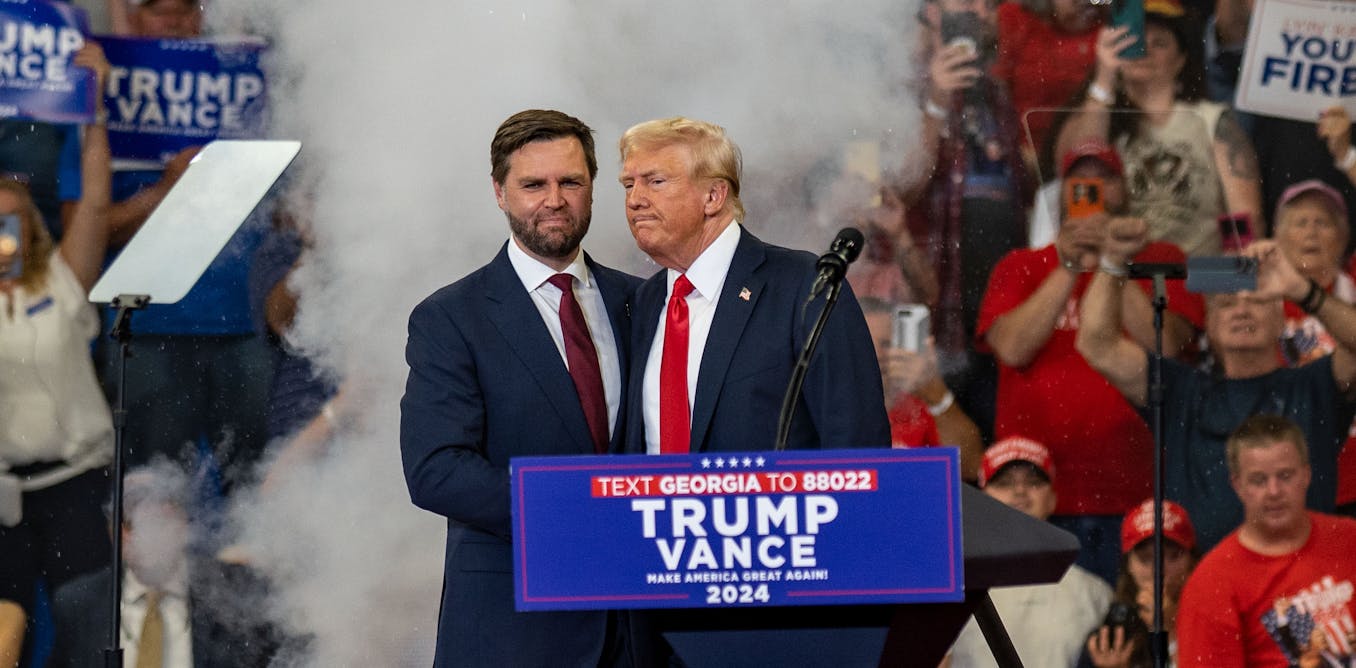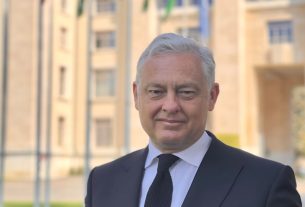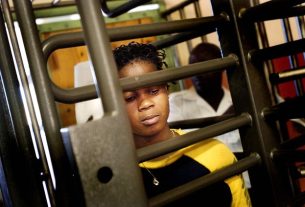Last weekend’s events will have left many with the dizzying sensation of watching historic events unfold before their eyes. The content of the speeches delivered by US Defence Secretary Pete Hegseth and Vice President JD Vance – at NATO’s headquarters in Brussels and at the Munich Security Conference, respectively – was not wholly unexpected, but their delivery was destructive. Both offered nothing short of a blistering attack on their European partners and allies.
The on-the-ground consequences of these speeches remain to be seen in full, but they may well alter the course of history. Whatever comes to pass, it is already undeniably clear that transatlantic relations have taken a massive hit.
The United States is, it seems, no longer willing to unconditionally cover Europe’s back, and the security guarantee it has extended to the continent since 1945 will now depend on allies meeting Washington’s demands. The relationship is quickly evolving into an asymmetrical one, in which everything has a price.
EU: declining and ineffective?
Vance and Hegseth’s speeches lay bare a number of hard truths. They demonstrate how little respect the US is prepared to show its European partners, whom it regards as declining and ineffective, and they showcase President Trump’s realist and transactional view of foreign relations (while glossing over the fact that the US’ presence in Europe serves its own geostrategic interests above all else).
They also expose the stark reality that Europe is as good as defenceless in the face of the threats looming over it, and that, if it fails to react, it is condemned to irrelevance, if it is not already there.
A hastily organised European summit held two days later in Paris – with its litany of complaints from those not invited and disagreements over Europe’s role in such a crucial moment – has only made matters worse.
The EU: a military minnow
Many will argue that Europe is reaping today what it has sown. For decades the bloc has ignored demands to build its defence capabilities, opting instead to become a military minnow, meaning President Trump can now decide to settle the future of Ukraine bilaterally with Russia, without taking the wishes of either Ukraine or Europe into account.
This view is not completely wrong, but it is unfair. Despite considerable political headwinds, Europe has given substantial financial and material assistance to Ukraine. The continent has also made a major effort – from which the United States has benefited – to reduce its dependence on Russian energy resources.
Moreover, Europe has a direct stake in the conflict since it lives side by side with Russia, while the US has the Atlantic Ocean for a buffer zone.
A peacekeeping force in Ukraine?
Negotiations are only just beginning, and little is clear, but the idea of deploying a multinational European peacekeeping force to Ukraine seems to be emerging as one of Trump’s possible demands.
If Russia were to eventually agree to such a deployment, Europeans would probably accept the decision so as not to further alienate the United States. It would, however, require clarification of crucial issues, such as the need for a resolution from the UN Security Council (where the UK and France have a veto), a clear outline of the force’s mission, the conditions for the use of force, and the desired end-state for its withdrawal.
The force would also need to have a robust command and control system, and essential resources such as communications, intelligence and air defence. Lastly, it would need to have a strong reserve and credible support from other sources to deter Russia from attacking, provoking, or otherwise engaging forces deployed in Ukraine. All of this, at present, means that US involvement must be kept to a minimum.
The worst-case scenario
Accepting deployment without first addressing these concerns will entail significant risk. What happens if, for example, Russia attacks a NATO member?
To participate or not would be a sovereign decision for each European country. For the sake of their own security, European nations should also continue to demand a voice in the decisions that so seriously affect them.
Trump’s arrival has opened a turbulent chapter that could, theoretically, close with a return to normality when his term ends. However, Europe has to prepare for the worst-case scenario, in which transatlantic relations are damaged beyond repair.
If this is the case, Europe will have little choice but to make a virtue of necessity by moving towards real strategic autonomy. This can only be done by working hand in hand with NATO, an organisation which, against the odds, remains vital for the continent’s security.


